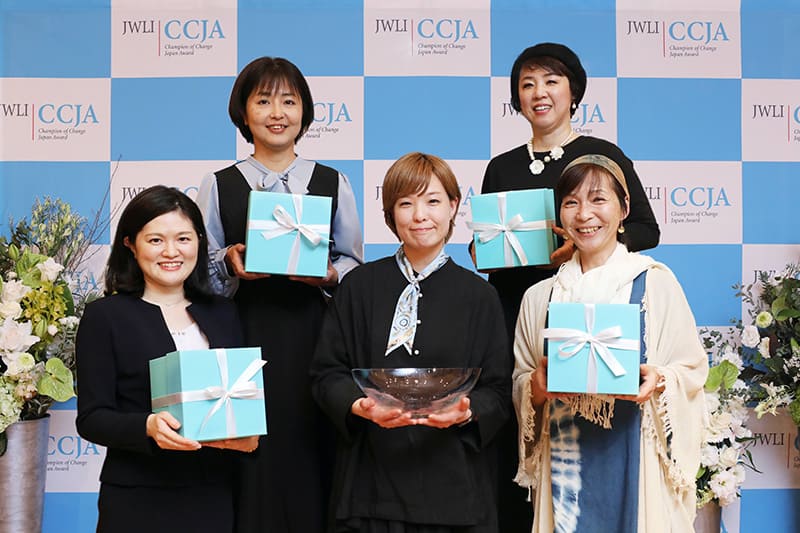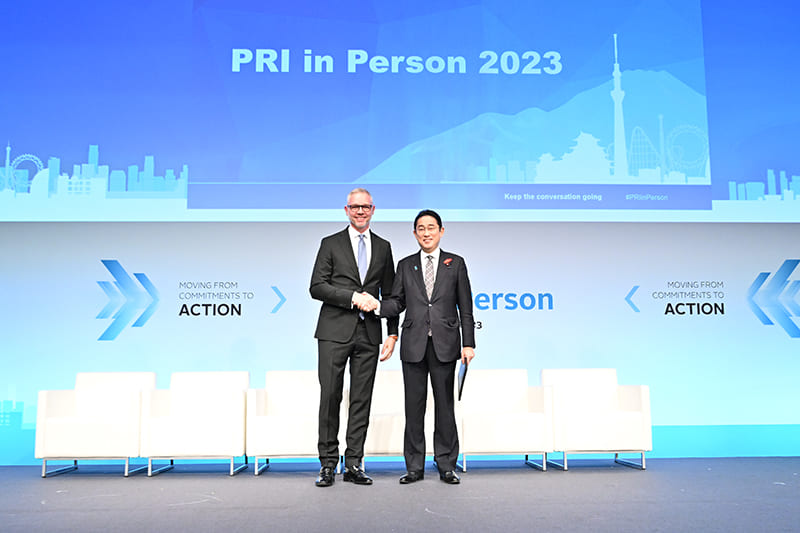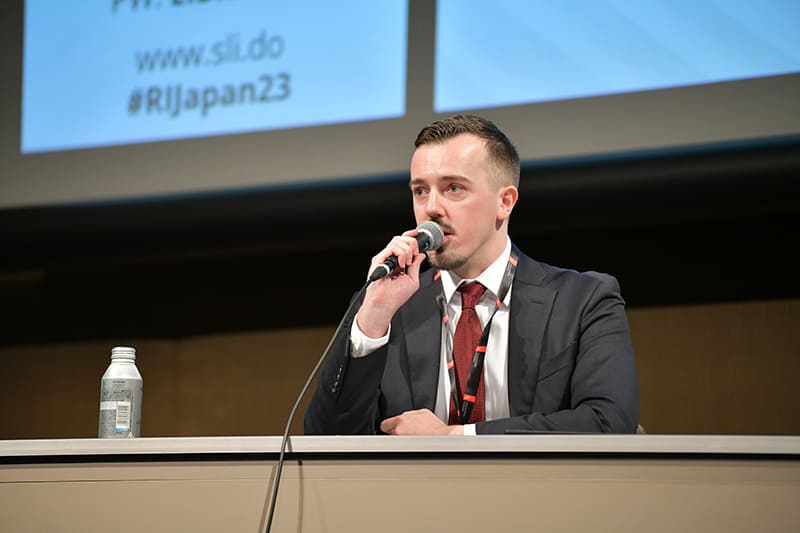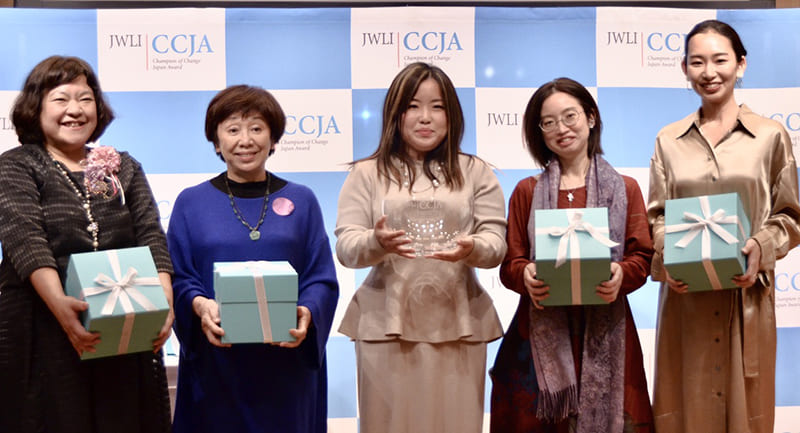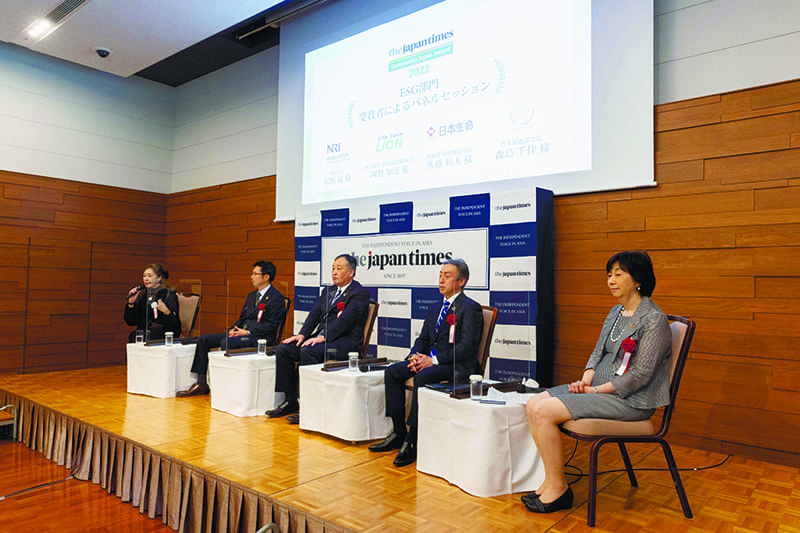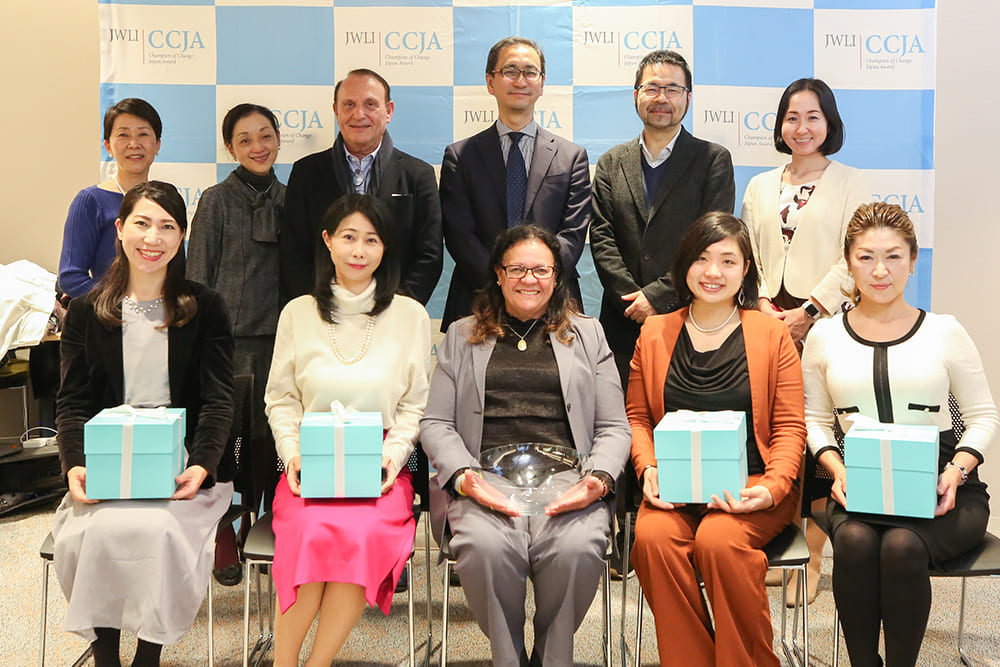July 02, 2021
Lawyer Terahara’s Marriage for All Japan fights for you too
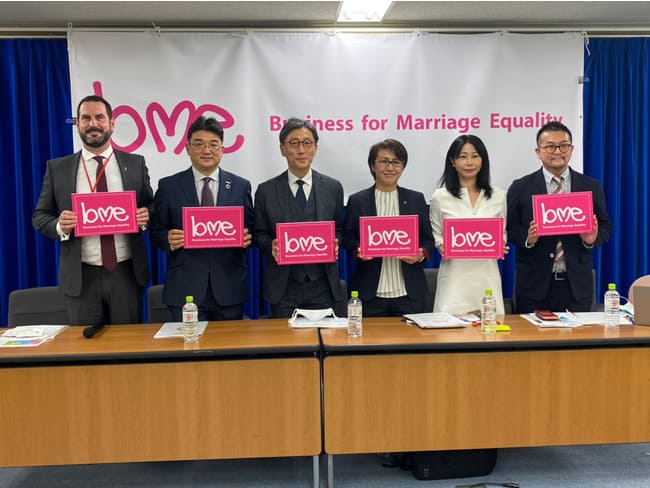
Through the activities of the nonprofit Marriage for All Japan, Makiko Terahara, a lawyer registered in Japan and the U.S., has been aiming not only to win same-sex couples the freedom to marry but ultimately to also create a society where no one feels left out.
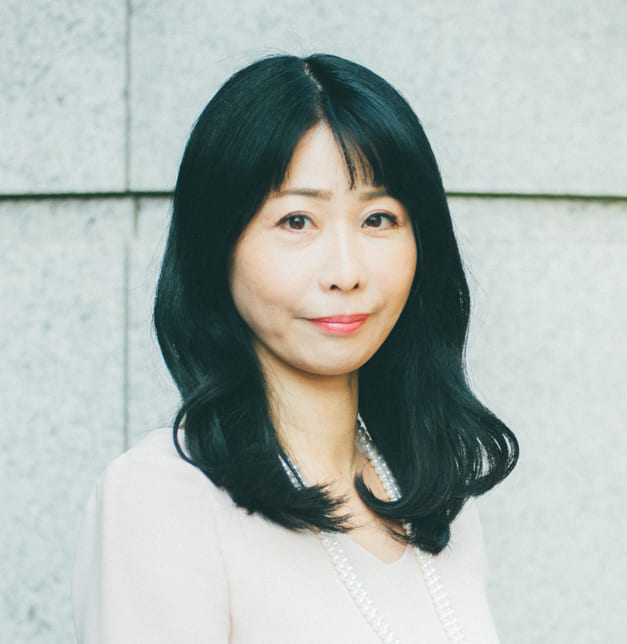
The Champion of Change Japan Award (CCJA), recognizing her efforts, selected her as one of the five winners in 2020. The CCJA was founded by Atsuko Toko Fish, a philanthropist who has engaged in various social movements in Japan and the U.S. She helped create the Fish Family Foundation to aid immigrants, at-risk youths and people struggling with mental health, and established the award in 2017 to shed light on female leaders in Japan who are dedicated to addressing social issues and needs.
Marriage for All Japan was launched in January 2019 to fully support the five ongoing lawsuits across Japan over the recognition of same-sex marriage, conduct lobbying activities and raise public awareness. Terahara also leads the defense team of one of the five suits.
Having grown up in a family where she was forced to face some serious issues from a young age, she became a lawyer with a strong sense of mission to support those who have difficulty being themselves. Soon after she became independent about a decade ago, after 10 years of experience working for law firms of different sizes and specialties as well as a global securities firm, she had a life-changing experience of learning deeply about issues of sexual diversity and LGBT rights.
“I felt ashamed of my ignorance, and a sense of guilt. But at the same time, I found much in common in this field with what I have always wanted to achieve through my career,” Terahara said, explaining that she began to devote herself to the fight to win the freedom of marriage for same-sex couples on a nonprofit basis while also doing other legal work for a living.
Terahara stressed that freedom of marriage is an issue of human rights. Since not recognizing marriage among a particular group of people denies them a human right, the issue is neither one of balancing pros and cons nor one that the heterosexual majority can ignore. However, the reality is that “Indifference by the majority has led to the neglect and acceptance of discrimination, symbolized by the lack of same-sex marriage” said Terahara. That is why she emphasized that the majority should play its full part in solving this issue. “The Diet is based on the rule of majority — in other words, the majority has the responsibility and the power to change,” she said.
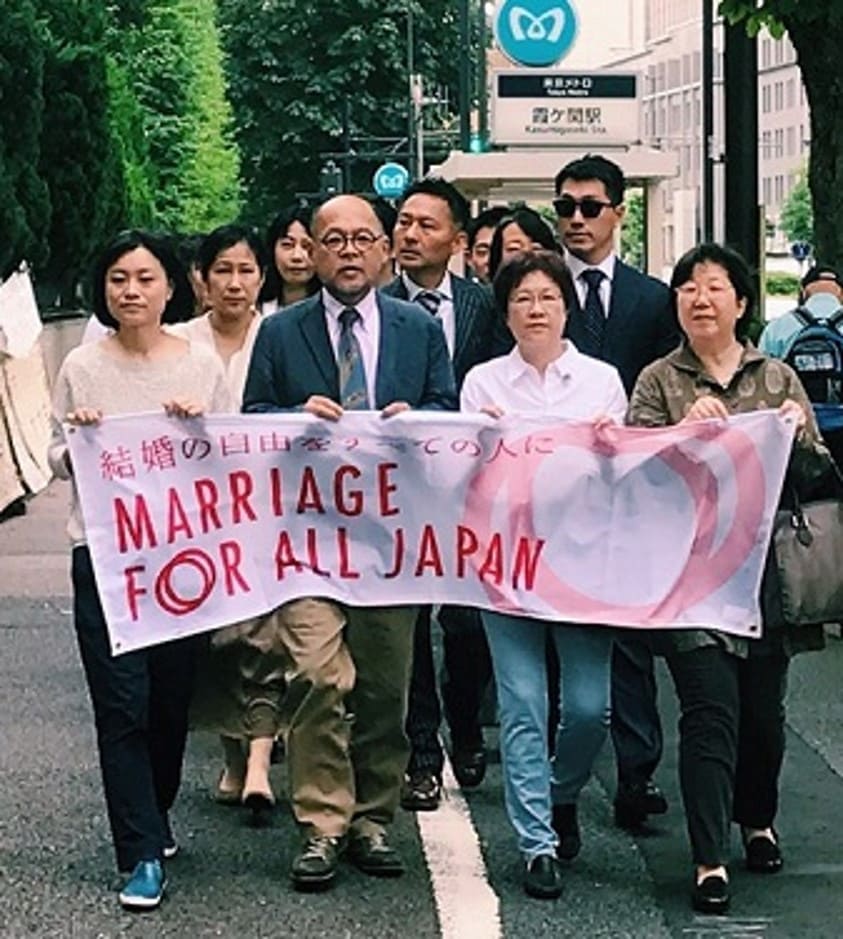
At the same time, Terahara feels that the heart of the legal system — senior Diet members and the Supreme Court — is the hardest to change. It is the above-60 generation that Marriage for All Japan needs to approach and convince that they are the ones who are not in line with the opinion of the majority. She said a public opinion poll has shown that the vast majority is in favor of recognizing same-sex marriage and of securing married same-sex couples the same legal rights as married heterosexual couples. “We don’t need to try to convince younger generations anymore. The majority is in favor among the people in their 50s or younger,” said Terahara.
However, there was significant progress in one of the five lawsuits in March. A district court in Sapporo ruled that the government’s failure to recognize same-sex marriage is unconstitutional. Terahara considers this landmark ruling a step forward but also regrets the fact that one of the plaintiffs in the lawsuits died without witnessing the victory. “His wish was to hold his partner’s hand and to say thank you to him who is legitimately married to him,” she said. “Issues of human rights are not something that we can just expect to change someday.”
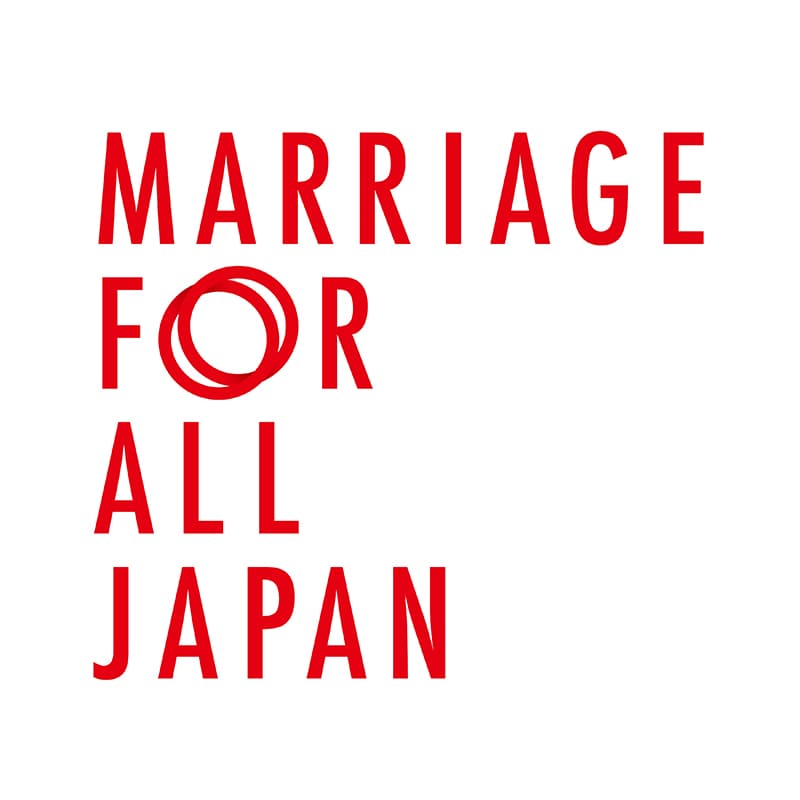
To accelerate changes in society and the law, she strongly urges people to take action. “Silent approval means little — it cannot be distinguished from tolerance of discrimination. If you support our idea, do what you can. Just retweeting our message will make a difference,” said Terahara, expressing appreciation to the Champion of Change Japan Award for giving her the opportunity to reach out to more people.

